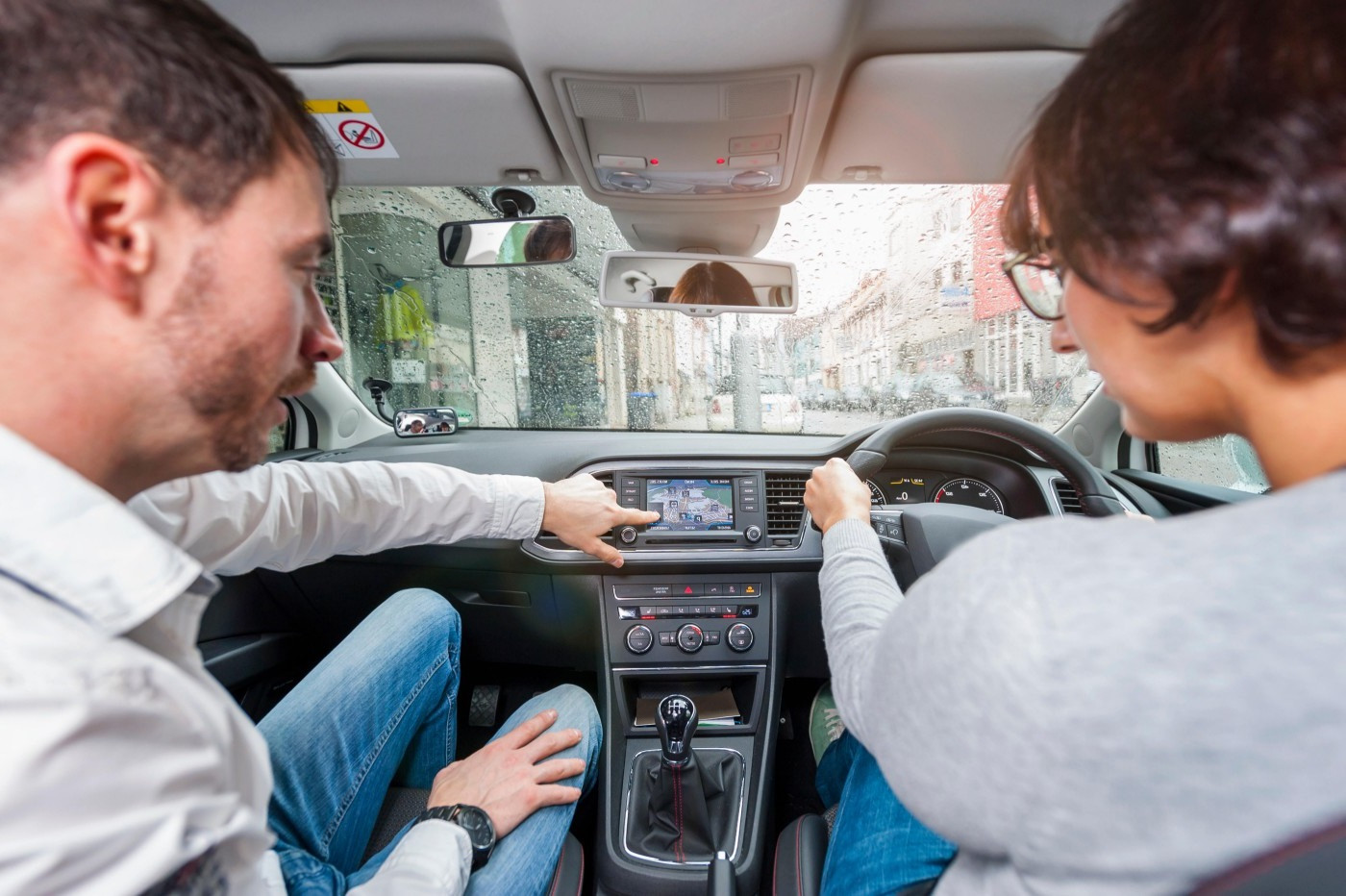Learn about brain health and nootropics to boost brain function
Relying on your sat nav or Google Maps could damage your brain and increase risk of Alzheimer’s, experts warn

RELYING heavily on your sat nav while behind the wheel could harm your brain, an expert has warned.
And some drivers even risk developing Alzheimer's if they use their navigation systems too often.

Navigation expert and former British diplomat David Barrie urged drivers to use their own sense of direction instead of a GPS.
He said motorists who rely heavily on navigation apps restrict their brain's ability to hold memory and problem solve.
Speaking at recent event, Mr Barrie said: "Crucially, as we become more and more dependent on these electronic gadgets to find our way around, we are becoming more and more cut off from the natural world.
"This sense of immersion in nature, and losing yourself in the natural world and the extraordinary rewards that come from that, well you lose that."
How to avoid becoming too reliant on your sat nav
- Buy a map book: You'll become more familiar with your route and local area if you study physical street map.
- Double check direction before taking off: Drivers can test their sense of direction by memorising their route before starting their journey.
- Go old school: You won't be tempted to use your GPS if you put it in the boot or leave it at home all together. Try using a traditional road map.
- Observe your surroundings: Take note of key landmarks, street names and suburbs as you may need these details during an emergency or when your GPS runs out of battery.
- Ask for directions: It may seem daunting, but asking a fellow motorist about where to go can help fine tune your sense of direction.
And this dependence could have serious health implications later in life.
According to the expert, the hippocus - a major component of the brain which controls navigation - is the first to deteriorate in Alzheimer's sufferers.
"It is quite possible that people who fall victim to Alzheimer's disease, which first typically manifests itself in the shape of disorientation, their hippocampus has already shrunk from the lack of use or has considerably less resilience for coping with the onslaught of the disease
"So that's actually quite a good reason to want to maintain those parts of the brain by exercising them."
If you're driving in a familiar area, it's important to put the GPS system away and challenge your own sense of direction.
And if you do need to double check where you're going, try to memorise the directions before taking off.
Driving in a foreign country can be a difficult, even for the most experienced drivers, so you may need to use your sat nav in these regions.
Neil Greig, director of policy and research at IAM RoadSmart, said: "Challenging your brain to read a map or simply to be more aware of your surroundings is certainly likely to contribute to your mental wellbeing.
"Far too many people get disoriented because they have arrived somewhere with no concept of north and south or what to expect to see.
"Being addicted to your sat-nav for all your information does seem a little short-sighted, after all what’s the point of getting somewhere and not knowing how you got there?
"Observation is a key part of advanced driving and that includes immersing yourself in the rich sights and sounds of daily life on our roads."
Click here to view full article